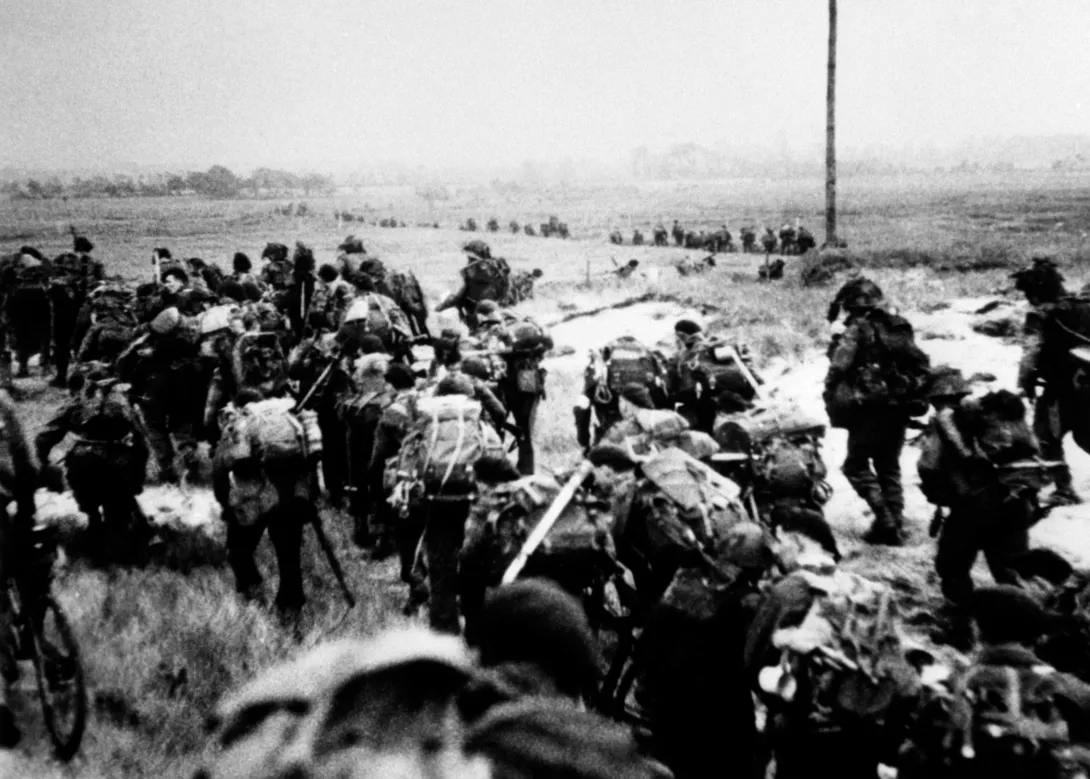VIJAY PRASHAD examines why in 2018 Washington started to take an increasingly belligerent stance towards ‘near peer rivals’ – Russa and China – with far-reaching geopolitical effects
‘Let us hope that they will remember the Red Army’
A look at the writing of war correspondent James Aldridge 40 years ago reminds us of the eastern perspective when a second front was finally opened on D-Day, 1944, says HELEN MERCER
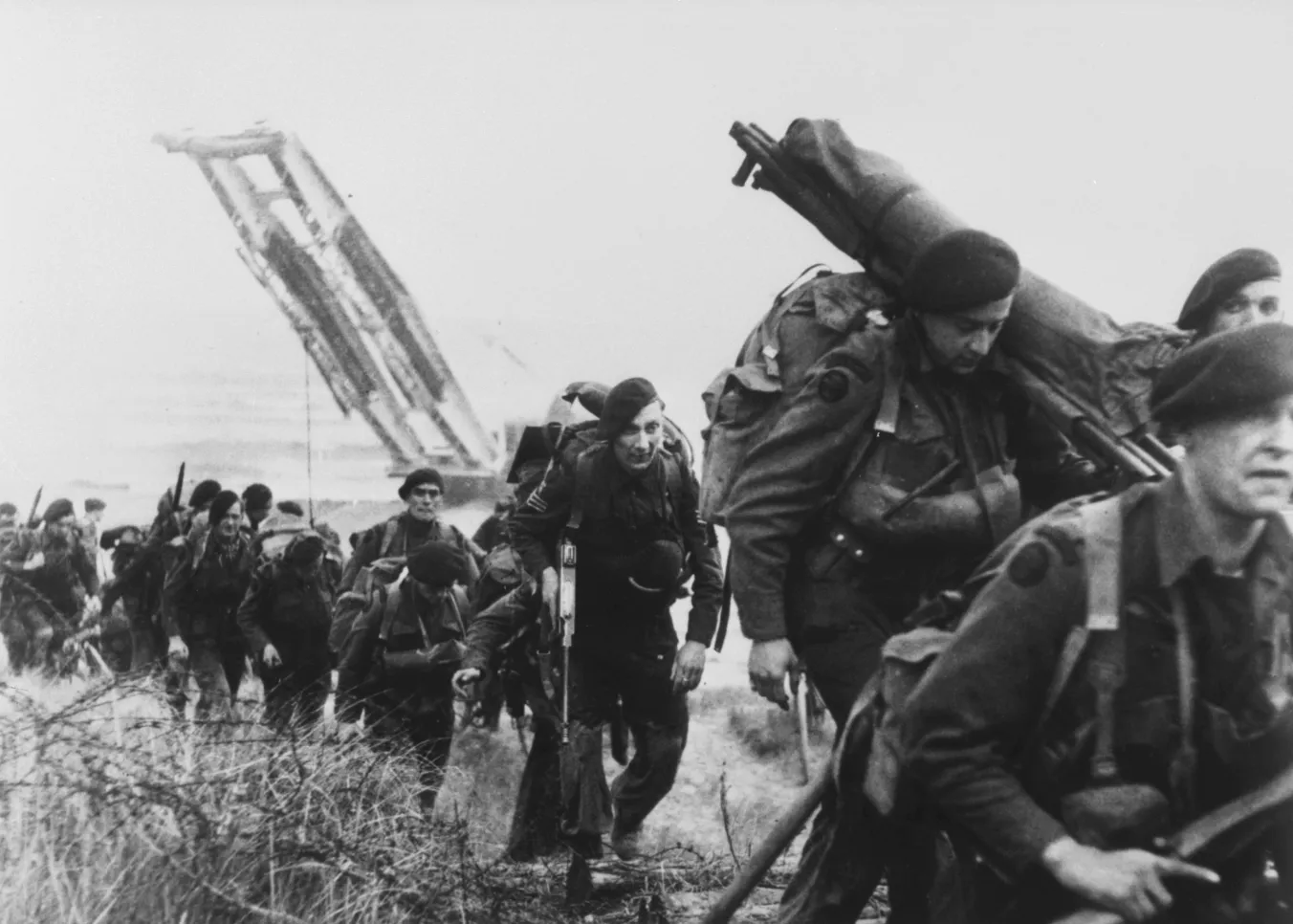
IN JUNE 1984 the resurgent arms race and the fostering of a resumed cold war characterised the way the West marked the 40th anniversary of the D-Day landings.
In response several Soviet newspapers and journals carried articles rehearsing the true background to June 6 1944.
One of these was written by the author, James Aldridge, who, as a well-known Australian war correspondent, had been based in Moscow in 1944 and 1945. He had already reported from many of the fronts of the war, including Finland during the winter war, northern Iraq and Egypt.
More from this author
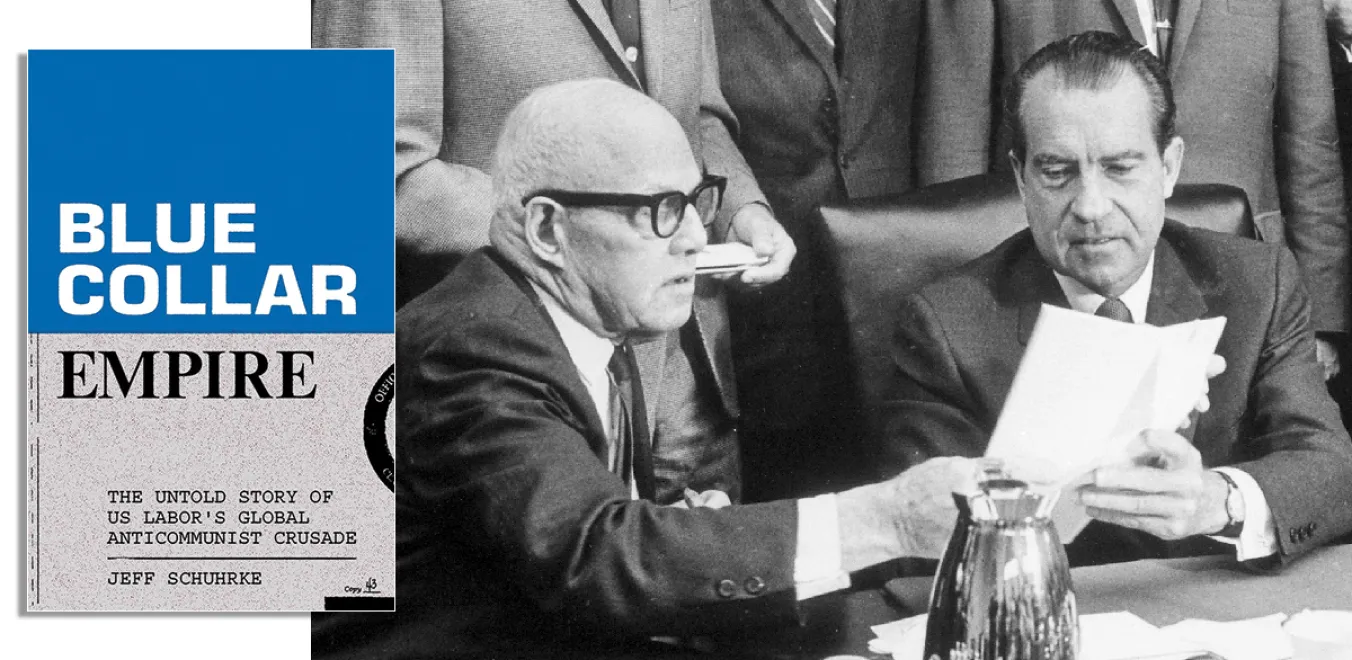
HELEN MERCER welcomes an account of how US labour leadership collaborated with the state and betrayed their membership

HELEN MERCER casts an experienced eye over an ambitious exhibition that nevertheless contains painful gaps
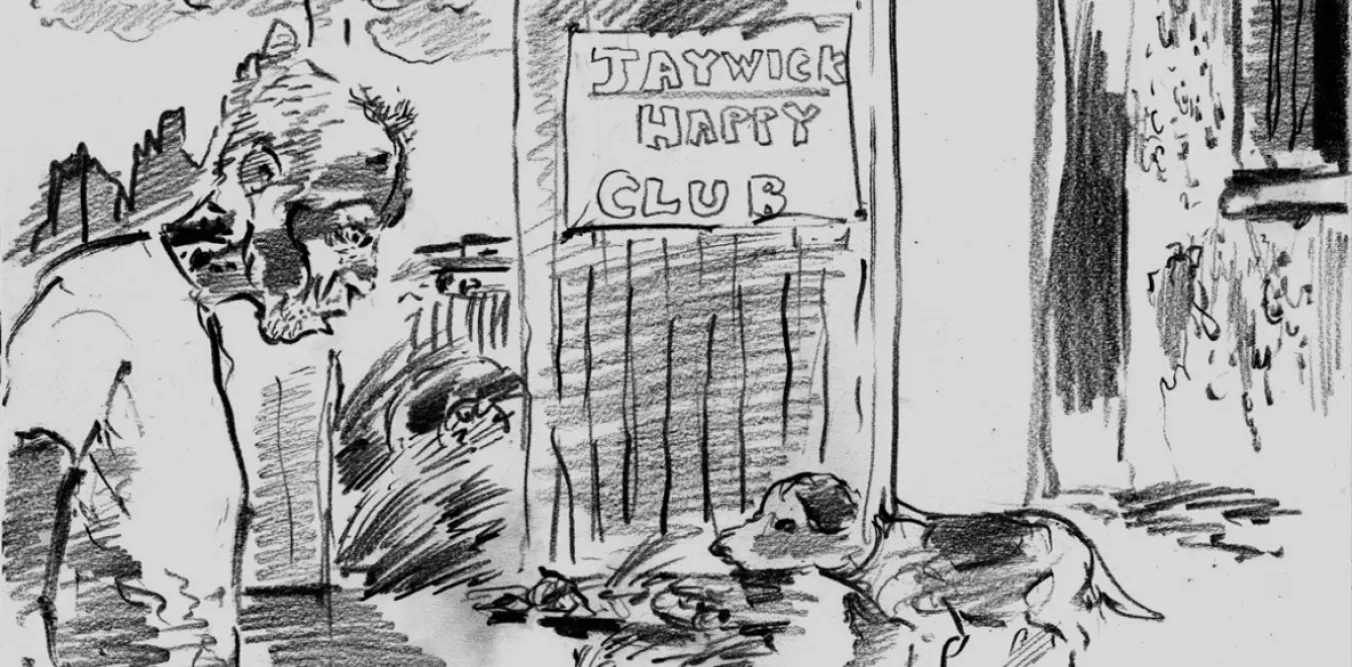
HELEN MERCER is disappointed by a depiction of Englands ‘coastal commons’ that lacks compassion and fails to illuminate the root causes of their decay
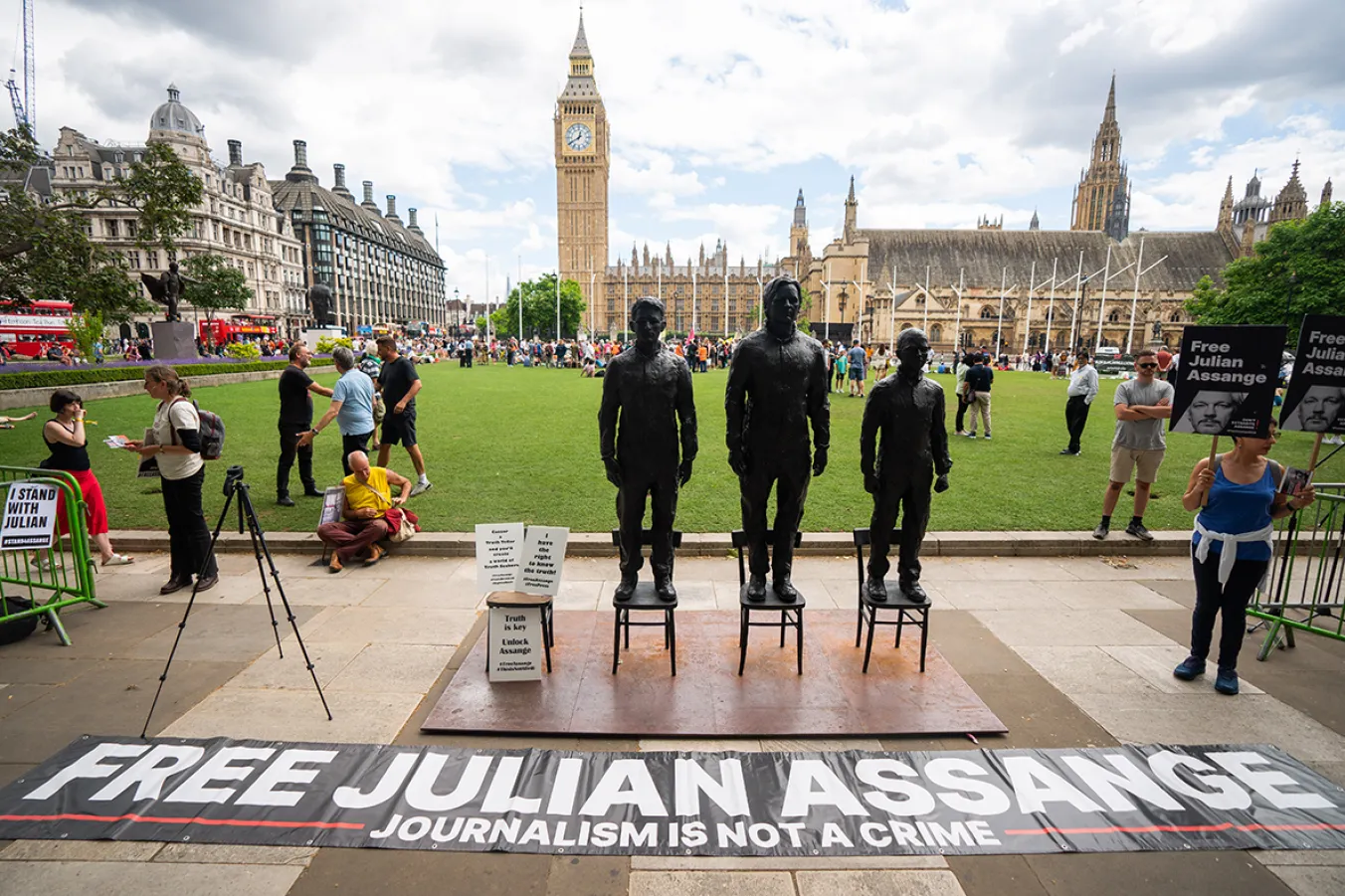
HELEN MERCER explains the parallels between the two cases, and why the Committee to Defend Julian Assange will be at the festival this year
Similar stories
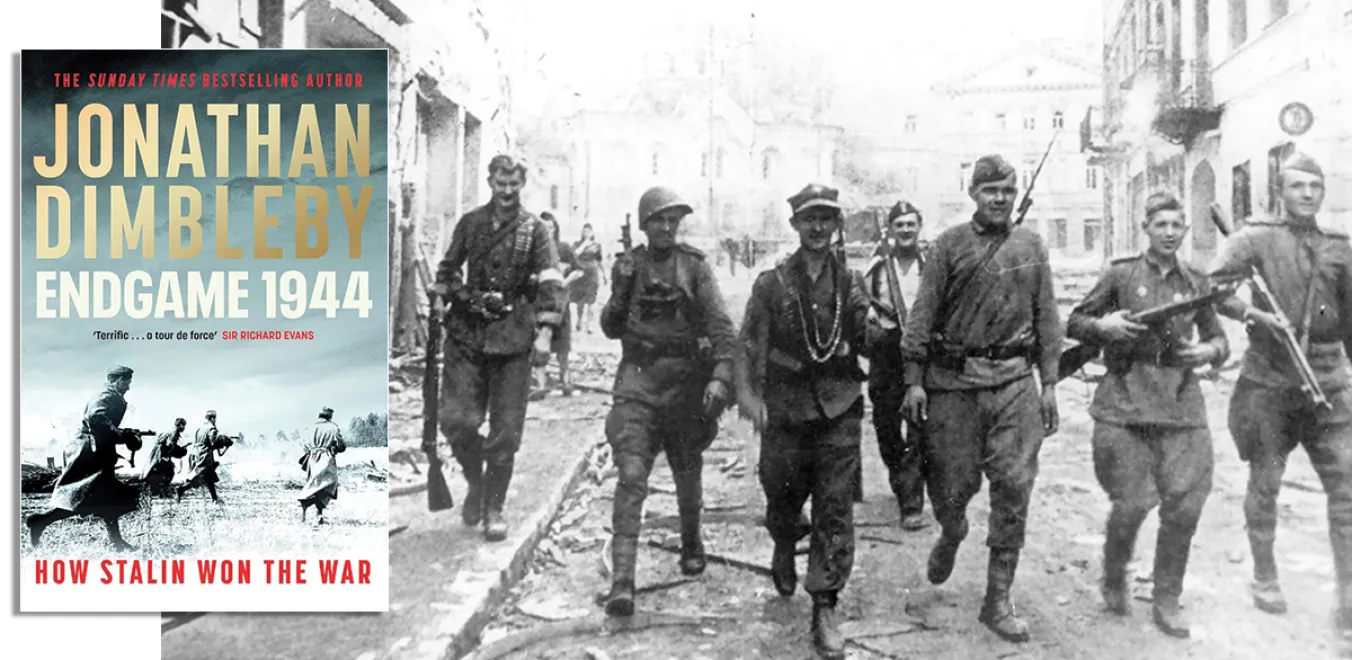
WILL PODMORE welcomes, with reservations, a new history of Operation Bagration and the Red Army’s defeat of Nazi Germany
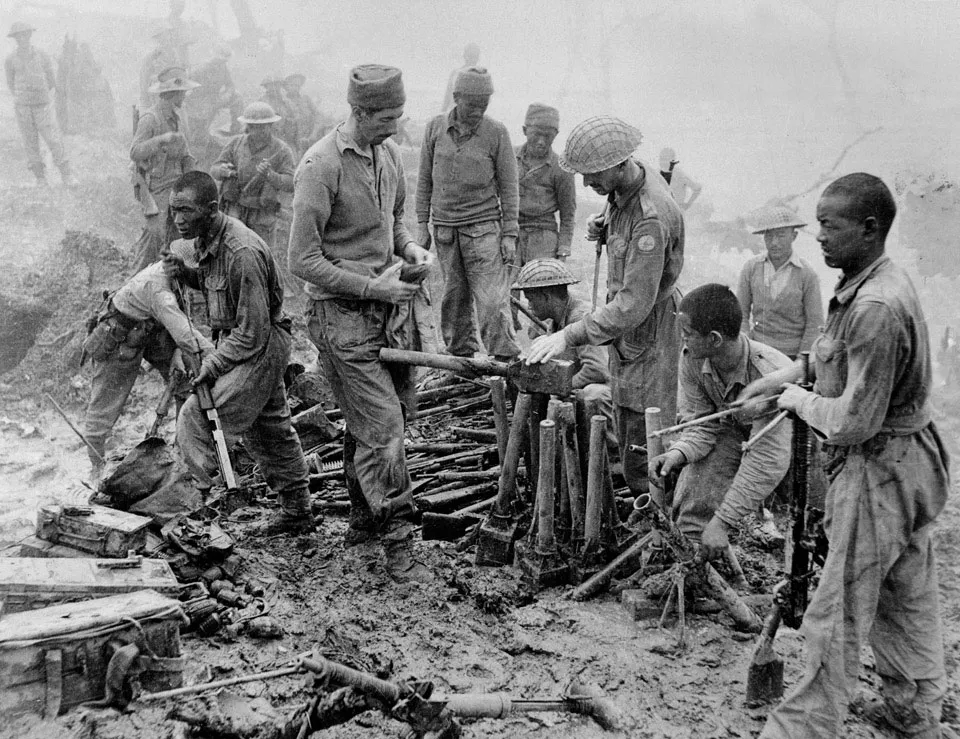
We have long struggled for black and Asian Allied soldiers to be properly acknowledged in Europe's commemorations — but now a worse travesty is upon us, as Russia’s crucial role is purged from the record, writes ROGER McKENZIE
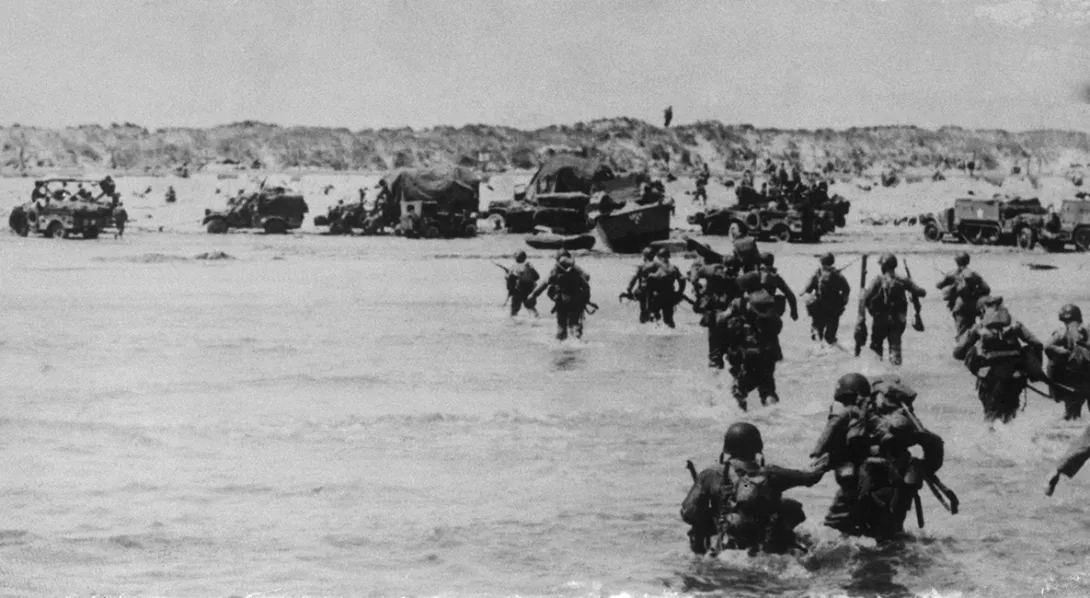
Today marks 80 years since the dramatic events of D-day, a turning point in WWII. CHRIS MENON takes a look










